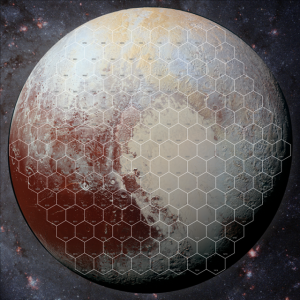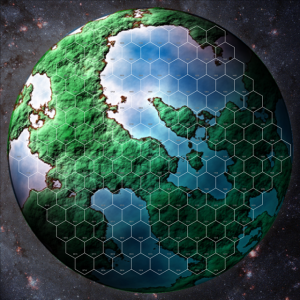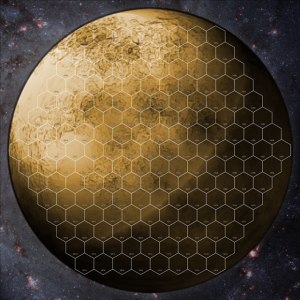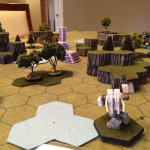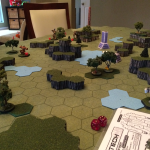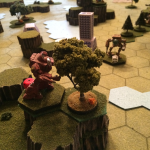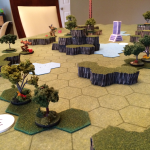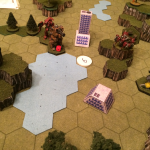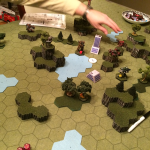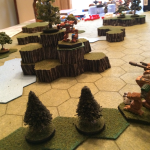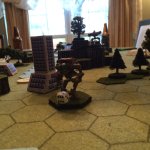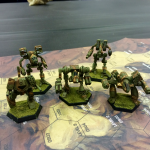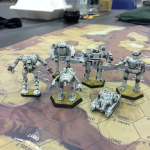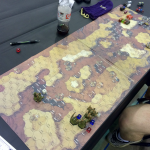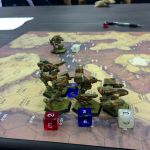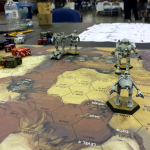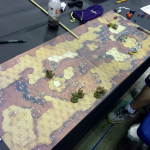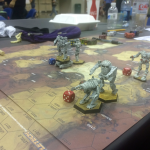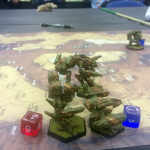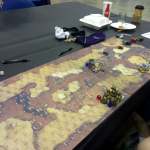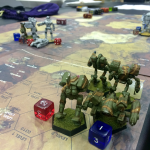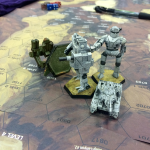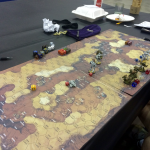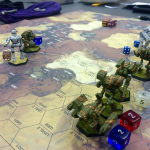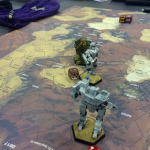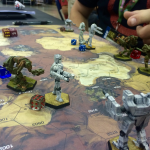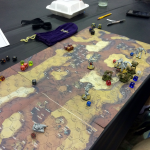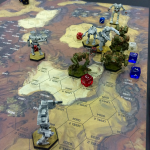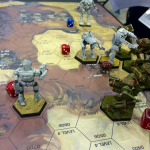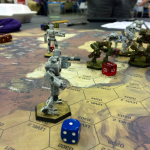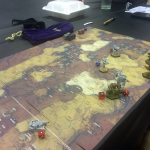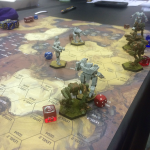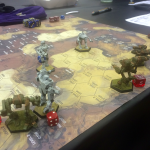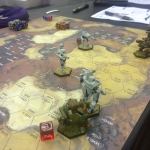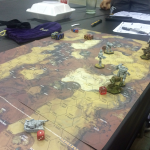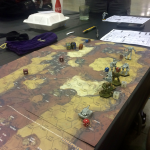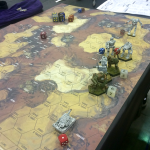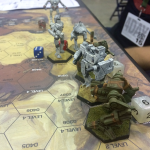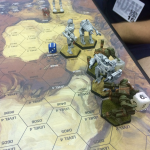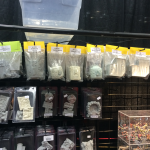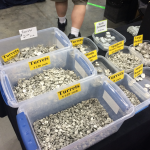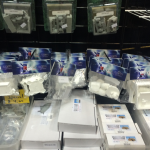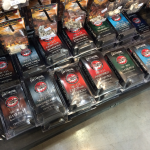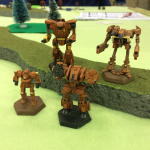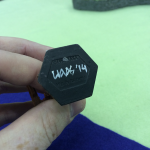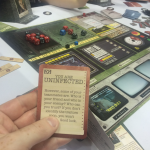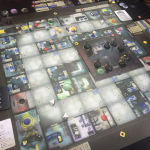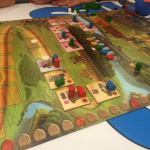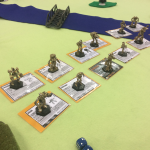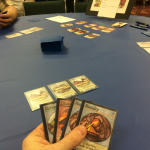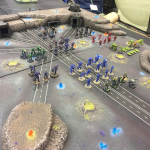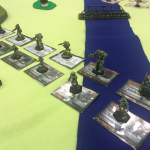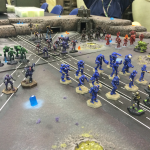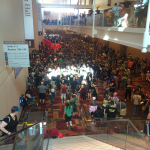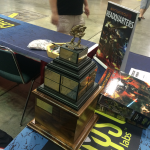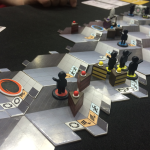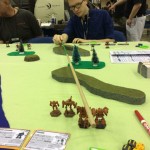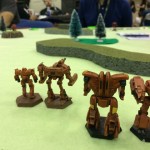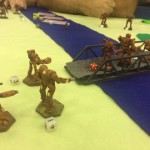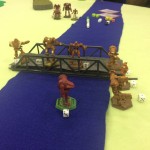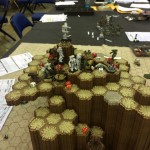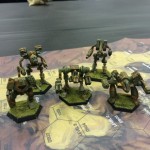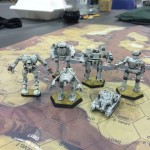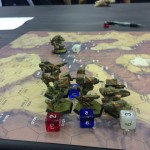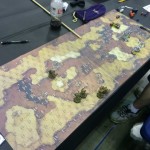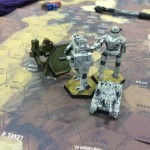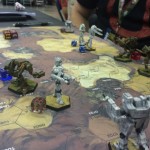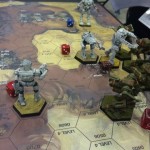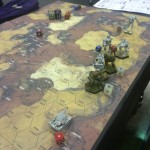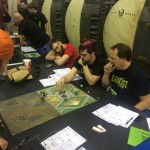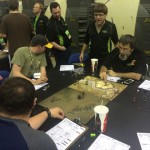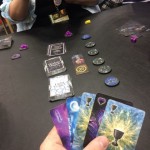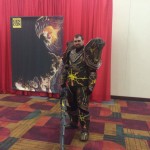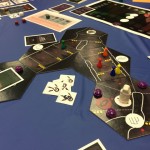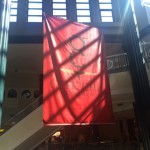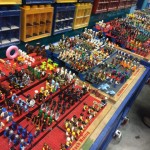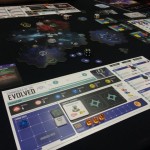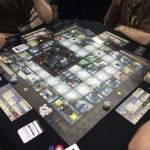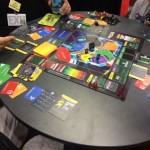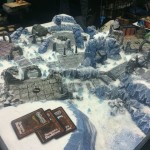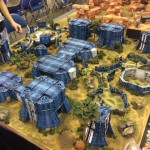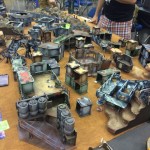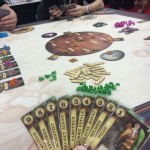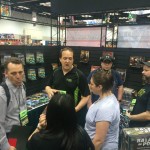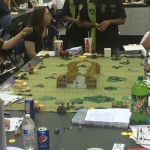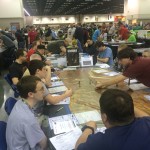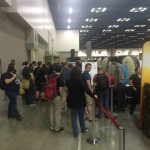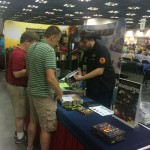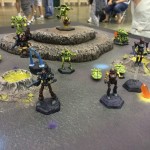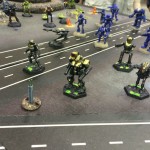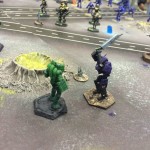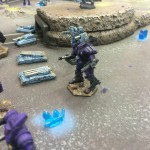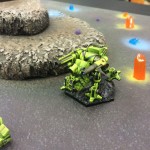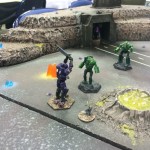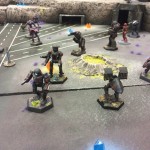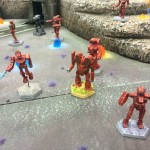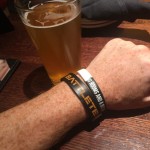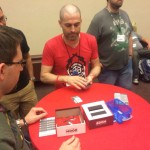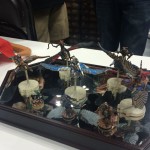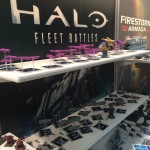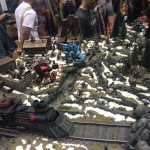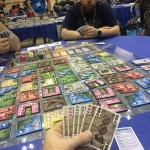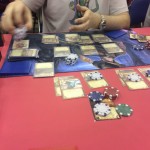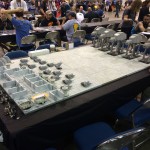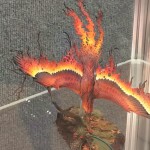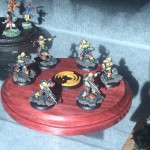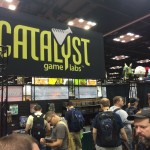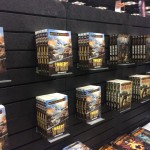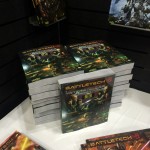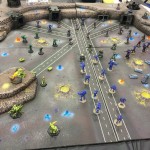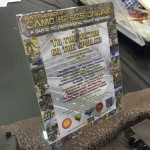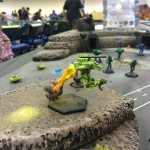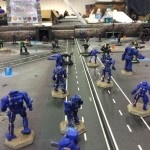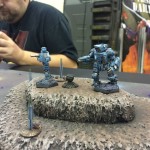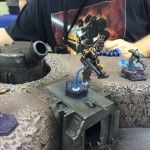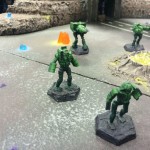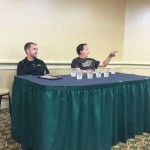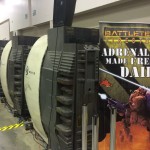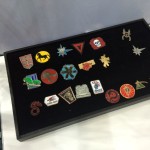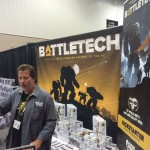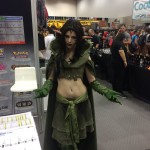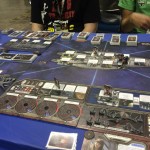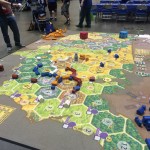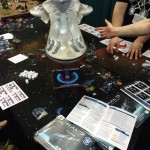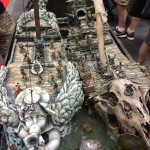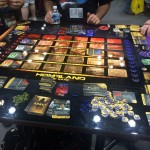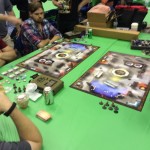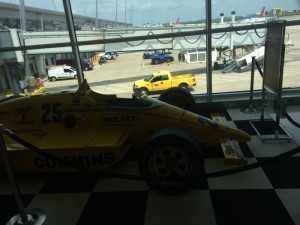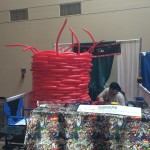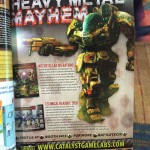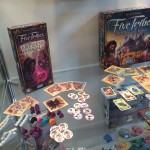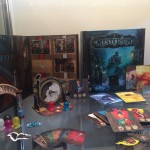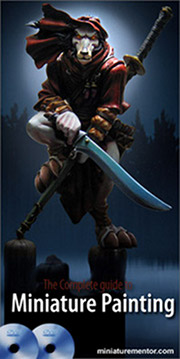Designing Altais, Part One
Alongside the Interstellar Operations (IO) Beta held last year was a scenario contest aimed at highlighting the new game modes created for the book. The Abstract Combat System (ACS), pages 304-325 in IO, is a large scale strategic game meant to compliment the new Inner Sphere at War (ISW) rules, pages 344-368 in IO. ACS covers regimental engagements over entire planets.
My scenario, The Battle for Altais, is set in the War of 3039 and features a combined force of the Mercenaries and the 8th Donegal Guards fighting it out against the mysterious Ghost Regiments.
In the end my scenario was the only entry. Hurray for small victories! I guess they could have not picked anyone at all.
With only a month allocated to the Beta period, I spent a lot of time trying to get a handle on the rules, providing feedback, and corralling individuals across the internet to help me test the ACS rules using some hastily created software utilities. With the very little experience I had using the system, I made my best attempt at a balanced and interesting scenario for the contest. Sadly, I was not able to playtest the entire thing prior to the entry deadline. Now that IO is off to the printers and we have the final rules PDF there is no time like the present to get cracking and properly kick the tires on the ACS rules system.
Altais
The War of 3039 is familiar territory for me which worked well with the Succession Wars era focus of ISW. The scenario is based on the planetary invasion of Altais, which takes place in the first wave of attacks on the Draconis Combine. I used reference material from my well worn copy of Historical War of 3039 and tried my best to capture the essence of the battle while providing interesting strategic choices for both sides.
The scenario is a Victory Point race between Attacker and Defender. There are three objectives worth points every turn, however the Defender gains points late in the game just for surviving. The Attacker has the advantage in terms of force size and experience but they cannot bring all of their strength to bear at once. Tough choices must be made by Attacker and Defender alike if they want to claim victory.
Bringing Altais to Life
In order to properly play Altais in person and in style, we are going to need a few things.
- Formation Tokens
- Maps
- Record Sheets
Formation Tokens
The Battle for Altais, and any other ACS game uses regiment sized formations. The previous release of Strategic Operations gave us a view of what strategic level tokens should look like. The good people at Catalyst even released a set of free print your own tokens which Custom BattleForce Tokens.
But for Altais, I wanted to step things up a notch. Enter The Game Crafter (TGC). TGC is a print on demand board game component company. Most importantly, you can design and print your own board game quality chits. These are thick, punch board type tokens that would work great for Altais. Their “mini hex tile” is a nearly perfect 1.25×1.08″ which is slightly smaller than a standard BattleTech map hex.
Unfortunately I’ve never been great at artwork or design and I couldn’t just copy paste what CGL provided. I had to find a way to make my own. The answer I found was in a Ruby Design Specific Language (DSL) called Squib. Squib allowed me to programmatically layout a design and use my own data to fill in the details.
Here is what I came up with. Note that these will be cut at the printer to a hex size. The art is designed to “bleed” to the edges to compensate for any possible drift between the print and the cut. I’m looking forward to seeing these in person when the order comes in.
Maps
ACS uses two maps, the Star System Radar Map (SSRM) and the Planetary Combat Map (PCM).
The SSRM covers the space around the target planet including the Zenith and Nadir jump points. IO includes a copy of the SSRM but it is a one page black and white bare bones version. I wanted something I could custom print in a larger format.
Luckily the geometry that makes up a SSRM is fairly basic and easy to duplicate. I leveraged Squib again along with some freely available NASA images to produce some nice looking images suitable for large format printing.

The PCM is an abstract view of the planet surface. Rather than an accurate model of the planet, the PCM represents the usable area for movement and conflict. There are no features of note on the PCM. Each hex is 700km wide so terrain is abstracted to nothing. Yes, even oceans.
IO recommends using the back of a standard BattleTech map for the PCM. That will work for most since the PCM is really only an abstraction. I wanted to do something a bit more interesting.
I browsed a lot of gimp tutorials and freely available art for assets to make a PCM worth playing on. Here is a short list of the possible solutions. Once again, I am planning on having these printed in large format so the final files will be high resolution. I am not completely thrilled with the final results so far. I intend to do some tweaking before I make the final selection.
Record Sheets
IO comes with two record sheets for ACS. The first is a Formation Tracking Sheet which lists the details of up to 14 Formations and the bare minimum stats of each of their constituent Combat Units.
The second sheet pertains to those Combat Units with details on the Combat Teams that make up that unit.
I find the format of these sheets to be severely lacking when it comes to actually playing the game. There are a number of charts and additional details left off the record sheet which will require frequent cross referencing of the tables within IO.
Also, why list Combat Teams? Perhaps this is done to aid construction, but for actual game play, there is no point since all combat takes place at the Combat Unit level.
So I went about making my own set of record sheets with a focus on gameplay and making it easier to get ACS to the table.
My goals were to simplify gameplay with aids baked into the record sheet. One sheet would hold information on a Formation and its Combat Units. I brought back bubbles, because why break with tradition?
I’m not totally sold on the layout just yet and I am still contemplating doing full page record sheets for Formations and Combat Units alike to support more tables and game play information. There is certainly a trade-off between complexity and playability.
For what its worth here is my first cut, subject to change based on my own testing and game play feedback. I hope they are an upgrade to the current offerings in IO. Please leave a comment below with any suggestions.
More to Come
Stay tuned for more as material comes in and we finally get to some serious play testing. I am very excited about the new ACS rules and can’t wait to get them to the table in style.
Posted under Articles
